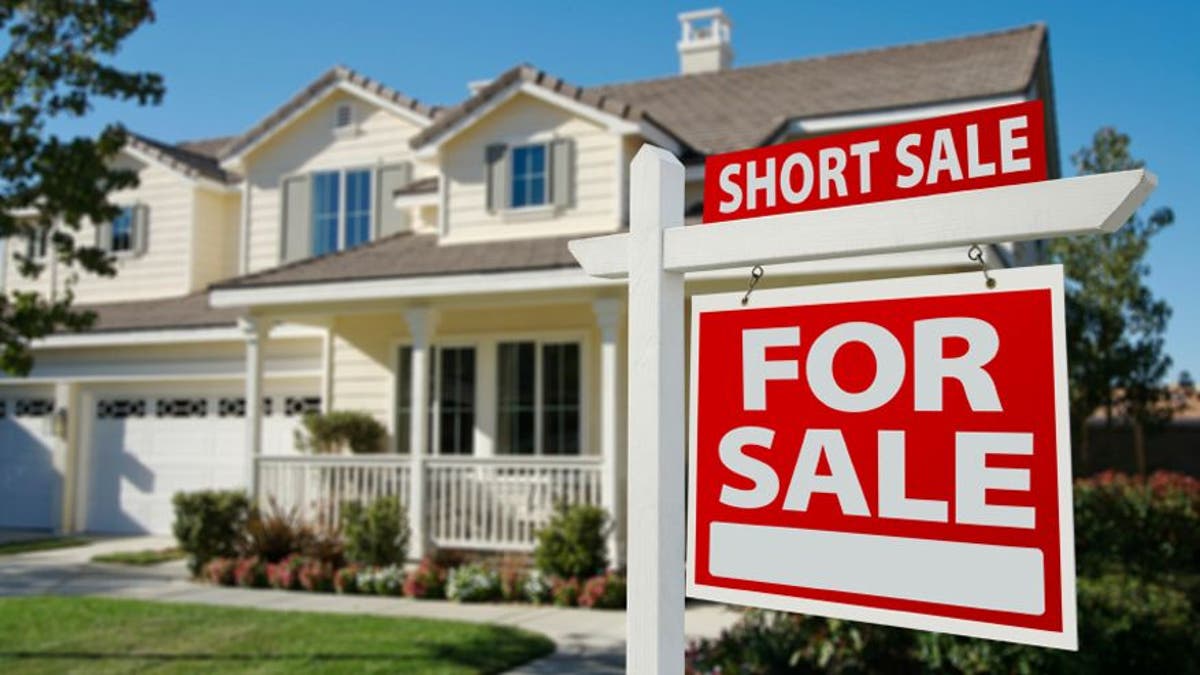
There was a time when many people believed that buying a home was one of the safest and surest investments you could make. But a decade of extreme ups and downs in the housing market has many people reconsidering the value of a home. Housing prices have been increasing over the last couple of years, and some people might be considering getting back into the real estate game. But is buying a home as an investment really worth it? Before you sink your savings into a new home, here are some things to consider.
In For the Long Haul?
While many eye real estate as a get-rich-quick proposition, the truth is that home inspections, commissions, closing costs and real estate taxes make the quick flip a money-losing endeavor. Every time you buy and resell, you’re out thousands of dollars, which means that if you want to make a profit off of real estate, you either need to hold on to the property for a while, or figure out a way to add value quickly. If you’re an experienced DIYer, you could consider the fix-and-flip model, where you buy a house in need of repair, give it a makeover and sell it for a profit. If you go this route, make sure that you realistically estimate the cost of repairs and budget for potential cost overruns. You don’t want to spend six months working on a house to find that you just barely break even at the end. Also, while a run-down neighborhood might be full of affordable fixer-uppers, your stylishly renovated home will feel out of place and you might have trouble attracting the middle-class buyers you’ll need to make a profit. So make sure you understand the neighborhood before you buy.
Becoming a Landlord
While it isn’t a quick trip to real estate riches, buying a home and converting it into a rental property is a great way to steadily build equity in a home. That slow trickle of monthly rents checks will subsidize your mortgage payments while you wait for housing prices to increase. However, becoming a landlord means taking on a lot of responsibility. First, you need to understand the local rental market. Pricing a property can be tricky and you should spend some time looking at online listings and attending open houses to see what the going rate for a rental is in your area. You’ll also need to understand turnover. In areas with competitive rental markets, you might be looking for new tenants every 12 months, which can greatly increase your workload. Being a landlord is a lot more than just collecting a rent check each month — it also means that you are officially in the repair and renovation business. If you’re a skilled handyman, you can probably handle a lot of the repairs yourself, keeping costs down. But before getting into the landlord business, you should talk to a few property managers to get a sense of what sort of budget you might need to pay for maintenance. You’ll also want to set aside enough capital to handle major issues like a new roof or a cracked foundation.
Limiting Your Financing Options
If you’re buying purely as an investment, many potential lending options might not be available to you. Loans backed by government agencies like the Federal Housing Administration and the Department of Veterans Affairs, which allow buyers to land a mortgage with little or no downpayment, usually require that the properties be owner occupied for at least 12 months. Most 30-year mortgages in the U.S. are backed by Fannie Mae and Freddie Mac, which also require owner occupancy to qualify for a loan. As a real estate investor, you might be looking at a 10 to 15 year loan with a 20 percent downpayment, which means you’ll have to have a lot of capital to start out with. So before you buy a home as an investment, know what your lending options are going to be.